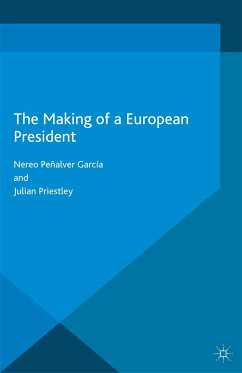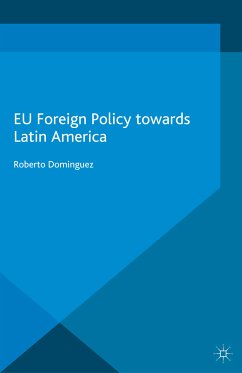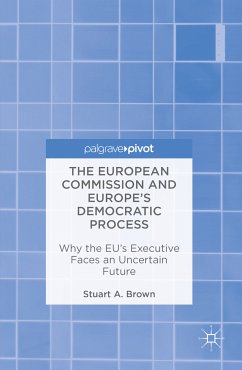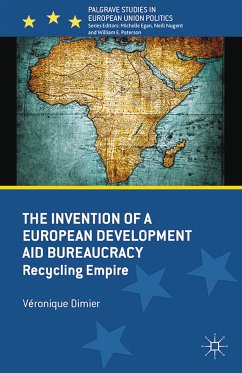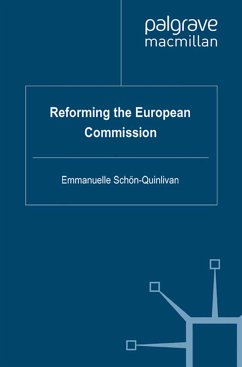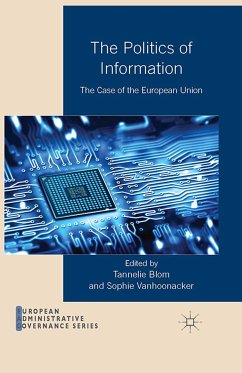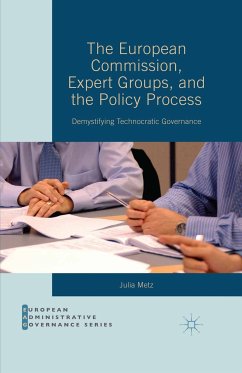
The European Commission, Expert Groups, and the Policy Process (eBook, PDF)
Demystifying Technocratic Governance
Versandkostenfrei!
Sofort per Download lieferbar
72,95 €
inkl. MwSt.
Weitere Ausgaben:

PAYBACK Punkte
36 °P sammeln!
This book challenges the assumption that policy makers' work with advisory committees is emblematic of technocratic governance. Analyzing how and why the European Commission uses expert groups in the policy process, it shows that experts not only solve technical problems, but also function as political devices and negotiators in modern governance.
Dieser Download kann aus rechtlichen Gründen nur mit Rechnungsadresse in A, B, BG, CY, CZ, D, DK, EW, E, FIN, F, GR, HR, H, IRL, I, LT, L, LR, M, NL, PL, P, R, S, SLO, SK ausgeliefert werden.



